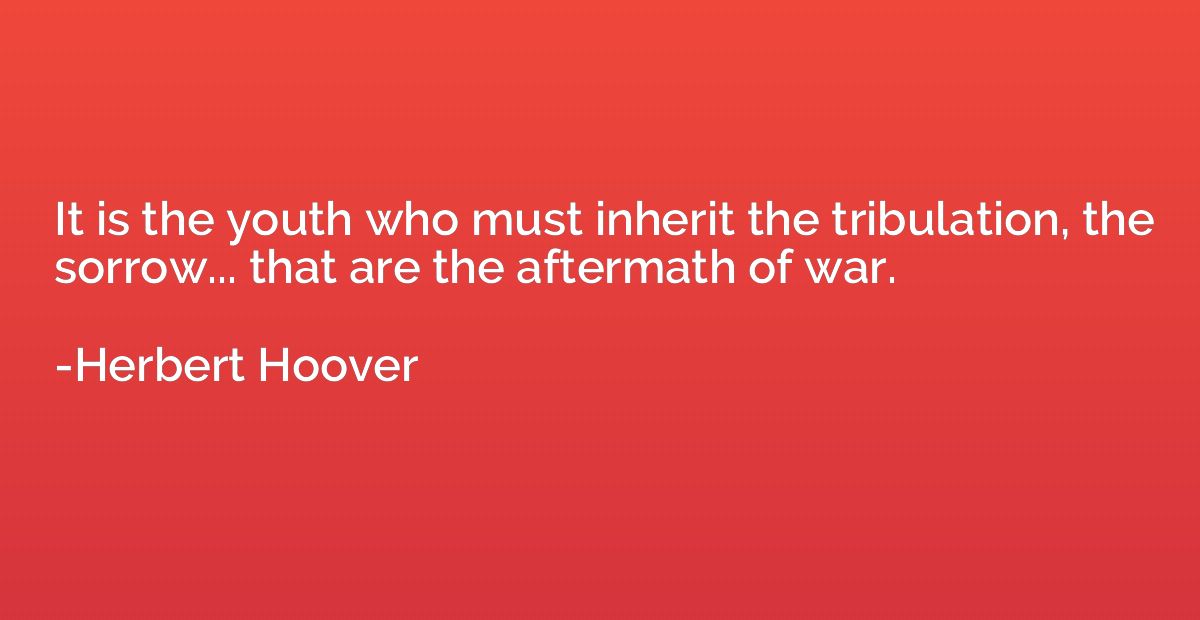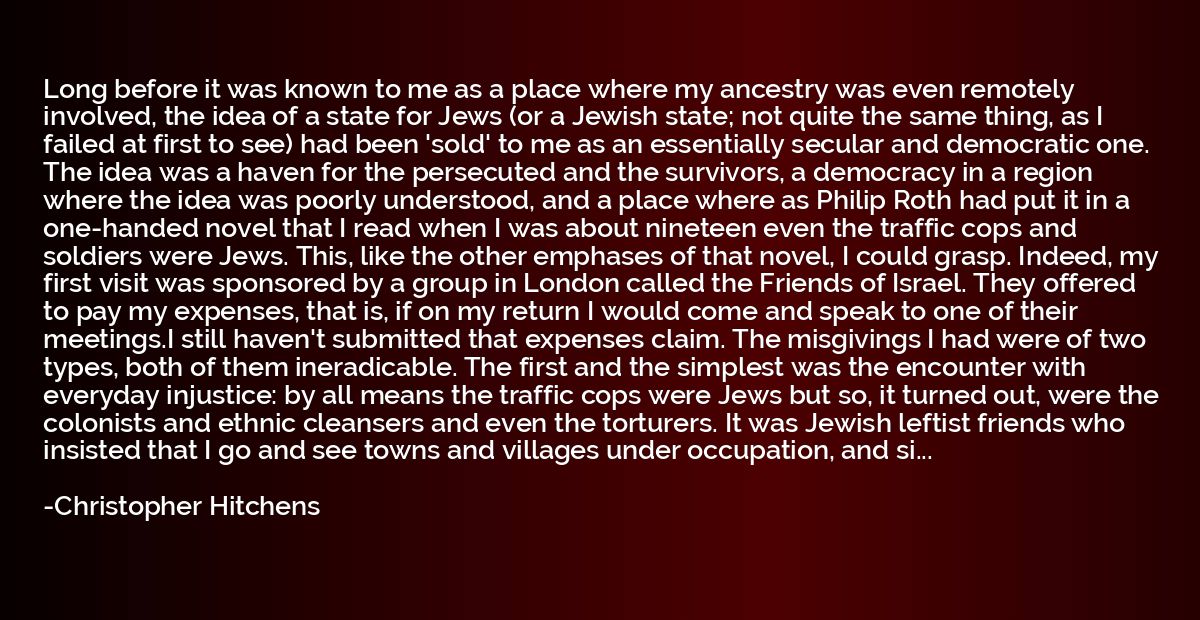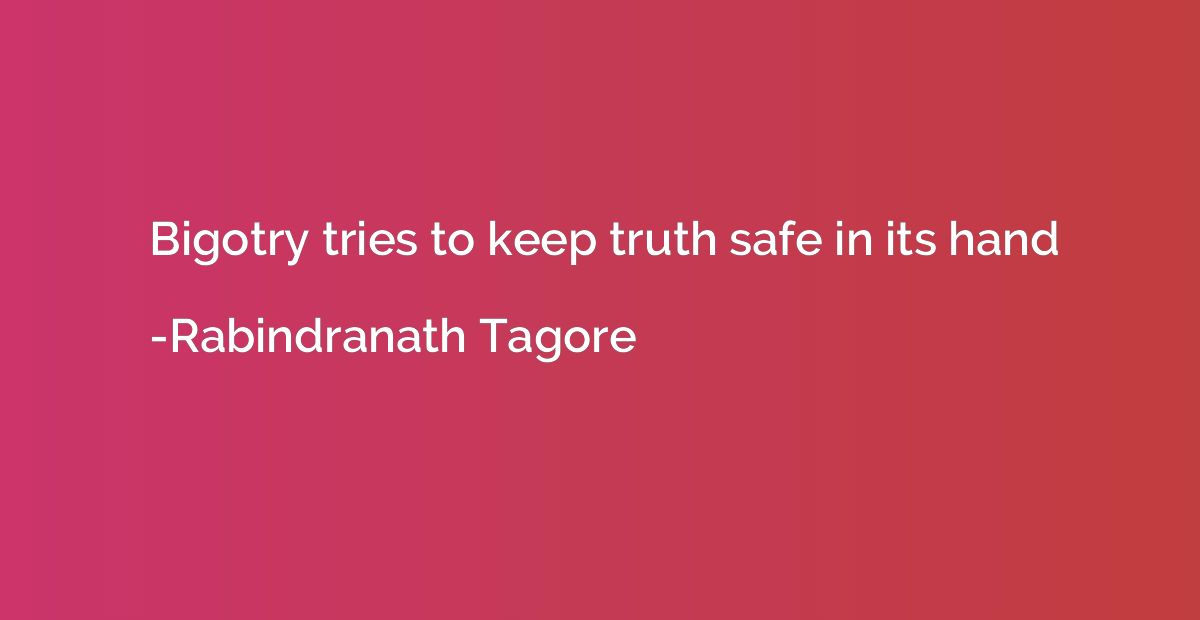Summary
This quote, often attributed to American writer Thomas Pynchon, suggests that certain individuals desire to have fortune or success handed to them easily and without any effort on their part. It implies that there are people who expect luck to be served to them like butter, effortlessly and smoothly, rather than recognizing the need for hard work and determination in achieving their goals. It highlights the mentality of individuals who may seek shortcuts or quick fixes instead of putting in the necessary effort to achieve their desired outcomes.
Topics
Luck
By Thomas Hardy















